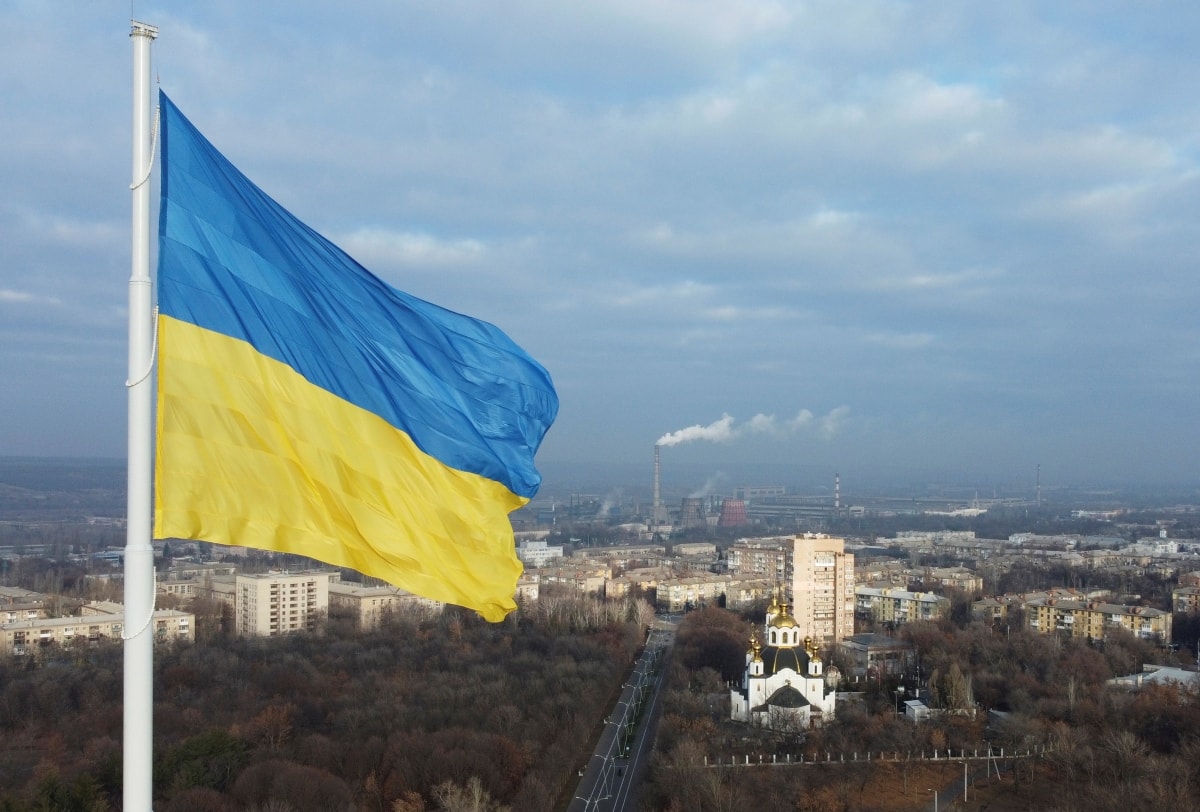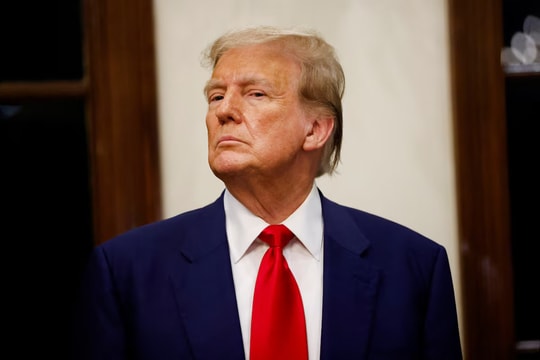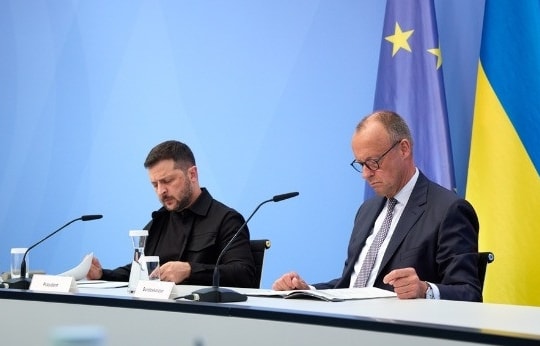Ukraine talks fail: US urges citizens to leave - UK passes new law against Russia
Both Russia and Ukraine said there was no breakthrough in talks with France and Germany in Berlin yesterday (February 10) aimed at ending the eight-year conflict in eastern Ukraine.
The failure of the talks underscored the impasse in efforts to find a solution to the crisis in Ukraine. Russian envoy Dmitry Kozak said at a late-night press conference that, after talks in Berlin, the sides had failed to narrow differences on how to interpret a 2015 agreement to end fighting between separatists and Ukrainian government forces.
 |
| Illustration photo: Reuters |
Ukrainian Special Envoy Andriy Yermak said the two sides had made no progress but agreed to continue dialogue: “Although today we have disagreements, there are issues to coordinate, but there is still the will to continue and negotiate. This is important and we will continue to do so. Obviously, if there is no de-escalation, if Russia does not withdraw from the border near us, no one can calmly say that the situation has calmed down.”
Russian Foreign Minister Sergei Lavrov accused Ukraine of trying to rewrite the ceasefire agreement and cherry-picking the most favorable terms for itself. Ukraine insists it is abiding by the agreement, but daily violations continue.
For weeks, Western countries have been concerned that Russia could attack Ukraine in the coming days or weeks. The US State Department yesterday urged its citizens to leave Ukraine “immediately” by commercial or personal means due to the increased threats of Russian military action and COVID-19.
US President Joe Biden affirmed that he has no plans to send troops into Ukraine to evacuate US citizens, calling this case a "world war scenario where the US and Russia start shooting at each other".
In recent days, the US has increased troops and military equipment to Poland in an effort to strengthen NATO's military presence on the bloc's eastern flank amid tensions with Russia over Ukraine. Yesterday, US F-15 fighter jets landed at a Polish base, tasked with monitoring NATO's airspace.
On the same day, British Defense Secretary Ben Wallace said that London could send more troops to its allies in Eastern Europe if necessary, after announcing the deployment of an additional 350 soldiers to Poland. Also this week, Spain is expected to send four fighter jets and 130 soldiers to Bulgaria to carry out patrol missions.
Amid fears of a possible war, the British government has introduced new legislation to the House of Commons, giving the UK more legal authority to extend sanctions against Russia amid the Ukraine crisis. The UK government announced the new legislation on the same day that Foreign Secretary Liz Truss visited Russia. Just hours after meeting with her Russian counterpart Lavrov, Truss issued a statement regarding the sanctions, urging Russia to “de-escalate and choose the diplomatic path”.
The British Foreign Secretary also warned that if Russia continues to be aggressive towards Ukraine, Britain and its partners will not hesitate to act.
For his part, the Russian Foreign Minister, borrowing the words of the Ukrainian President, accused the West of inciting panic, given the fact that Russia has no intention of attacking Ukraine:
“President Zelensky urged people not to panic. But it seems that the West is just using President Zelensky as a tool to create tension around Russia and no one really cares what he thinks.”
After many diplomatic efforts to reconcile, the reality is that tensions related to the situation in Ukraine between Russia and Western countries have not yet cooled down and may even escalate./.






.jpg)

